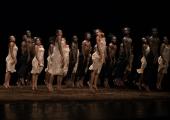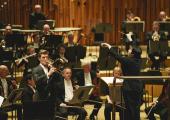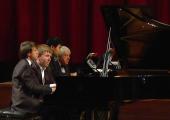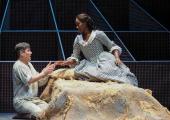Hewitt, BBC Philharmonic, Davis, Bridgewater Hall, Manchester review - the classical style
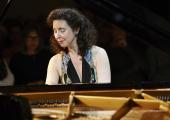
A masterclass, with dance at its heart, from two expert guests
Two intriguing themes and two great guest artists were offered by the BBC Philharmonic to their Saturday night audience in the Bridgewater Hall: the themes were what “classicism” really is, and the variety of music inspired by (or written for) dance.


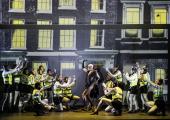
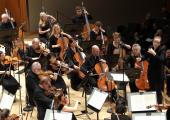
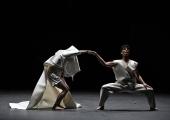
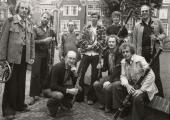
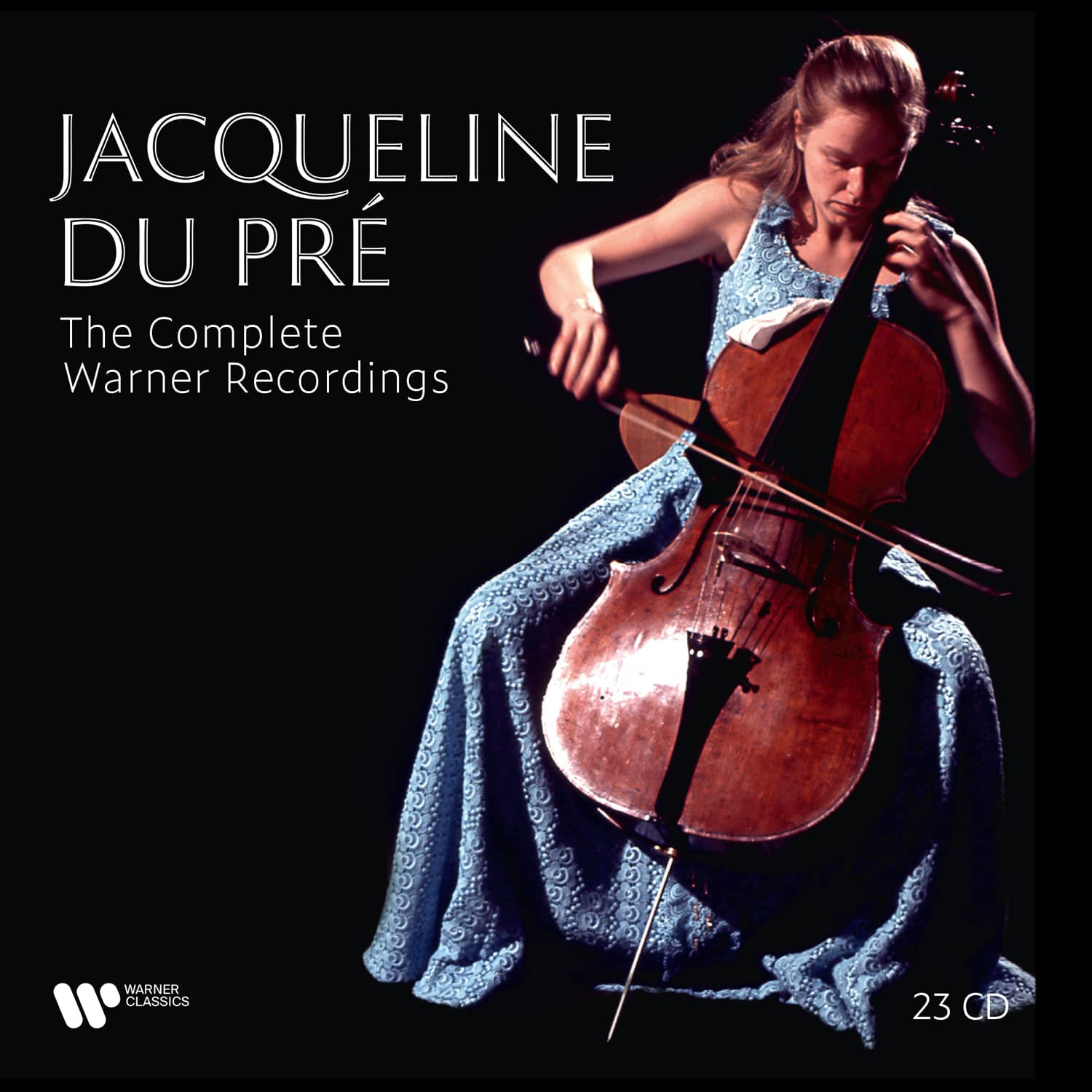 Jacqueline du Pré: The Complete Warner Recordings (Warner Classics)
Jacqueline du Pré: The Complete Warner Recordings (Warner Classics)